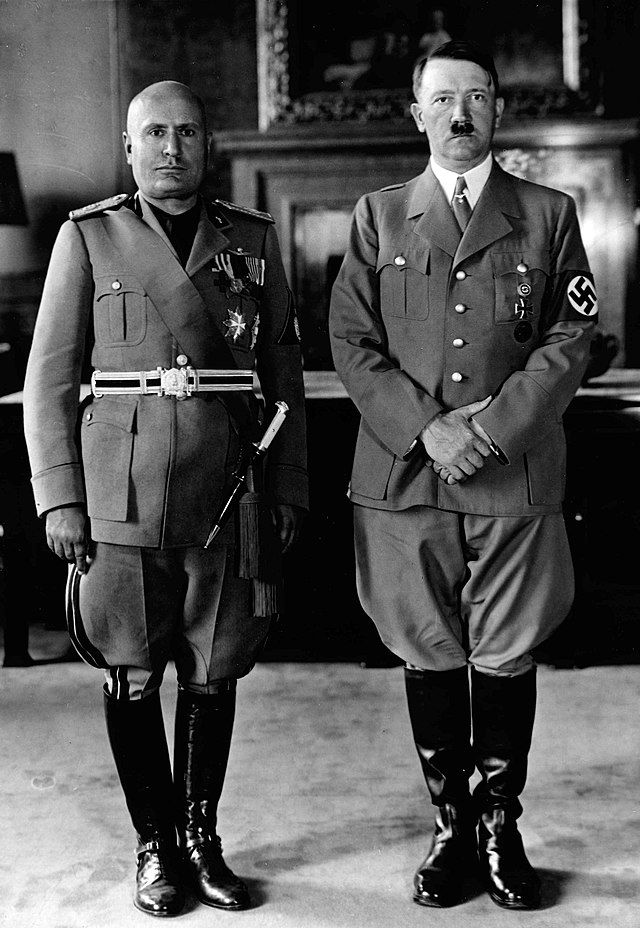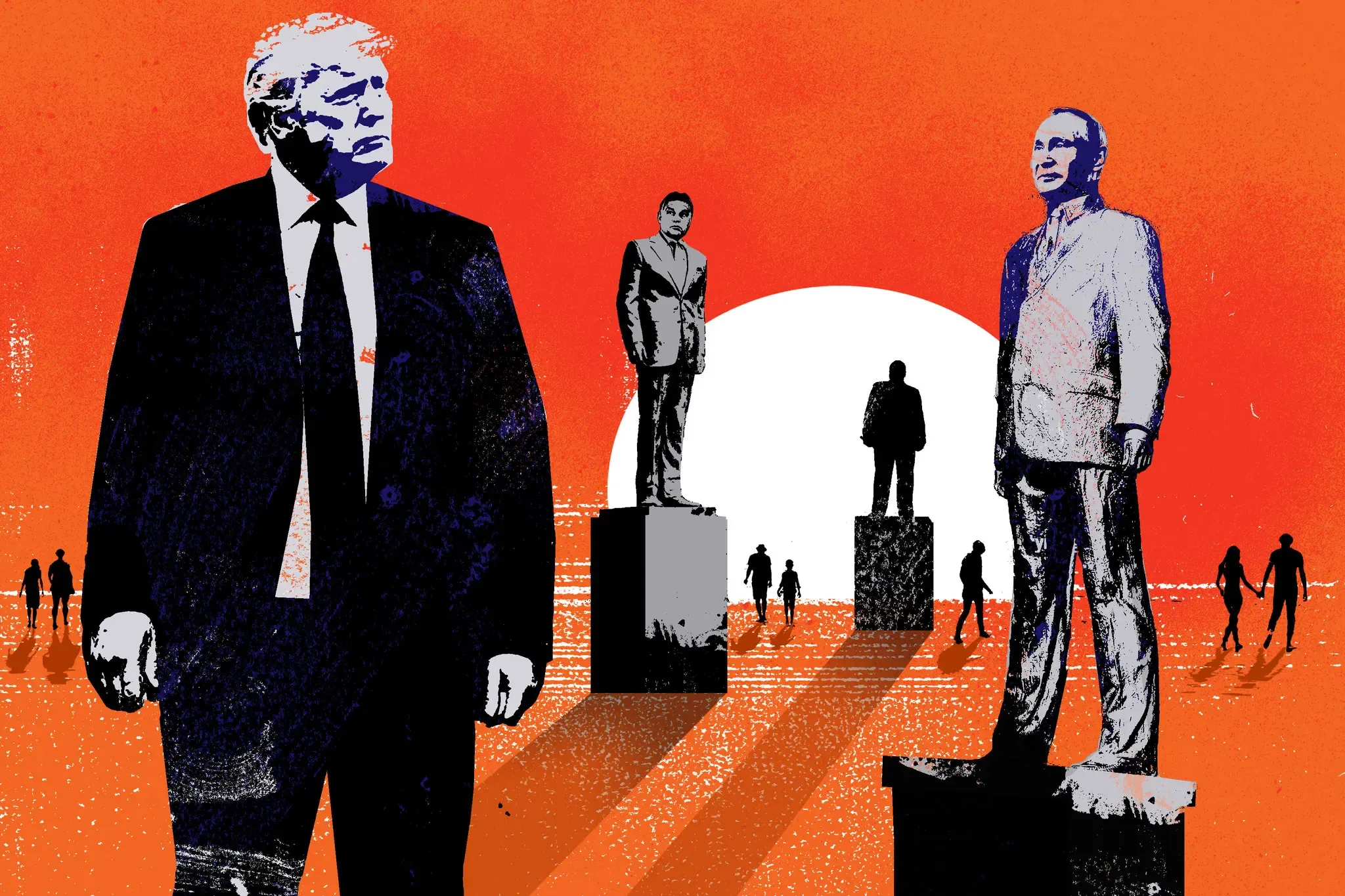By Dr. Jennifer Mercieca
He has attacked the legal process, private citizens, and members of both political parties. He has threatened district attorneys, judges, special counsel, lawyers, laws, and juries. Donald Trump—twice impeached and now quadruply indicted—just won’t shut up.
Why does he keep threatening and attacking the legal system, especially since he’s been warned by U.S. District Judge Tanya Chutkan not to do so?
From Trump’s perspective there is little downside in continuing to attack American democracy and a lot of upsides. The fact that he’s willing to attack the nation rather than be held accountable is, of course, not at all surprising. It’s also how you know that he’s an authoritarian, not a democrat.
The authoritarian’s trick is to turn politics into violence. Violence is essential to fascism, as Benito Mussolini explained in his 1932 book The Doctrine of Fascism: “fascism does not, generally speaking, believe in the possibility or utility of perpetual peace.”
Since 2015 Trump has used words as a weapon to gain power. Trump has relied on “us versus them” polarization appeals to separate his followers from the rest of the country. He has used the rhetoric of conspiracy to create distrust and accuse his opposition of corruption. He has framed his opposition as enemies and as hate-objects, who can and should be destroyed through violence. These are very dangerous rhetorical strategies that have historically led to war and genocide. They are the same strategies used by Mussolini in Italy and Adolph Hitler in Germany to take over their respective nations.
Democracy erodes when political leaders give permission and model violent behavior for their followers. When leaders use violent rhetoric, it becomes normalized—meaning that statements that previously would have been shocking begin to “make sense” to people or at least lose their ability to shock us. For example, you would have been shocked to hear that we were in a “civil war” ten years ago, but by now you’ve heard it frequently enough that you might have begun to say it as well.
Some people will become so incensed by the violent rhetoric that they will carry out acts of violence (stochastic terrorism). Others will become so fearful because of the violent rhetoric that they will join militia groups or buy weapons. Many will give their political power to someone who poses as a “strong leader” and promises to protect them from their shared enemies—someone like Hitler or Mussolini or Trump.
Trump has used these violent rhetorical strategies in both mundane ways (to attack his opposition or the media) and in extraordinary ways (to attempt to change the election outcome or urge his followers to attack the Capitol). As a long-term strategy using violent language normalizes fascism, which could help to keep Trump in – or return to - power. As a short-term strategy using violent language does four things for Trump: 1) helps him consolidate power; 2) keeps his base engaged; 3) helps him to fundraise; and 4) helps him to get away with his crimes—at least with his followers in the court of public opinion, though perhaps not in a court of law.
Consolidate Power: Trump’s indictments have given him what political scientists call a “rally around the flag” effect with his supporters—that’s when crises or difficulties cause people to increase their support for their political leader. Typically, we see the effect nationwide during natural disasters, wars, or other kinds of dramatic or disruptive negative events. Like Trump said, he could shoot someone on Fifth Avenue and not lose supporters—that’s the rally around the flag effect. Trump uses threats of force and violence to activate that response in his supporters, making it more difficult for his Republican opposition to oppose him.
Engage Base: Trump also uses violent rhetorical strategies and threats because it allows him to control the political conversation by keeping his political base engaged and enraged. Trump has always been the “outrage president” who used outrage to set the nation’s political agenda. He has often attracted outrage through violent rhetoric and threats, so it’s no surprise that he has continued to use his “Authoritarian PT Barnum” strategy when he is most at risk of suffering the consequences of his actions and losing his base’s support. Unfortunately, the media has been compliant, complicit, or both by reporting on his violent rhetorical strategies and threats, giving them the oxygen of amplification.
Fundraise: With his supporters “rallying around the flag” and engaged and enraged, they are easy marks for fundraising appeals. He sends about ten fundraising emails out a day, telling his supporters repeatedly that he’s suffering for them— “as soon as I chose to run for president as a complete political outsider, a target was placed on my back” Trump claims. He’s “a political prisoner,” he says, but “YOU have the power to show Crooked Joe and the entire Deep State that their tyrannical tactics BACKFIRED.” You can show your support by donating money to Trump, of course. And it works, Trump has used his indictments to “supercharge” his fundraising, fleecing about 400,000 small dollar donors out of their savings—about a quarter of whom only began donating to his campaign after his first indictment.
Win in Court of Public Opinion: Trump’s tactics to control our political discourse and fundraise might not affect his legal proceedings, but then again, they might. Trump has always sought to try his legal cases in the court of public opinion, using his celebrity and wealth as a cudgel in court. Inside the courtroom Trump is just as aggressive as he is outside. He uses defiant strategies to prevent accountability such as delaying proceedings, withholding information, overwhelming the opposition, and intimidating witnesses. Trump has used the American legal system to his advantage, employing dozens of lawyers to try to keep him out of jail.
Counterintuitively, perhaps, that we're seeing Trump use these kinds of fascist appeals shows how weak he is as a presidential candidate and how scared he is of prosecution. On the one hand, a strong political candidate in a democracy would use the democratic language of persuasion, not the fascist language of coercion. On the other hand, if he were really the Ubermensch he pretends to be and he really was able to rid the country of corruption and destroy his enemies, then why hasn't he already done so--eight years later? When Trump talks like a strongman, it just shows how weak he actually is.











